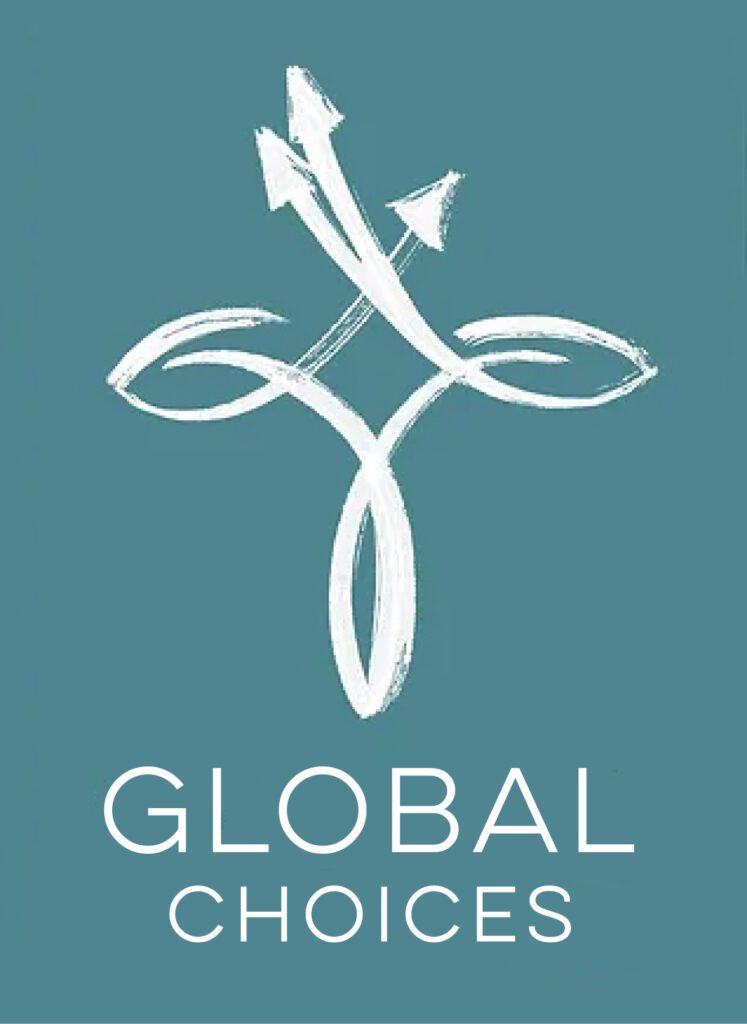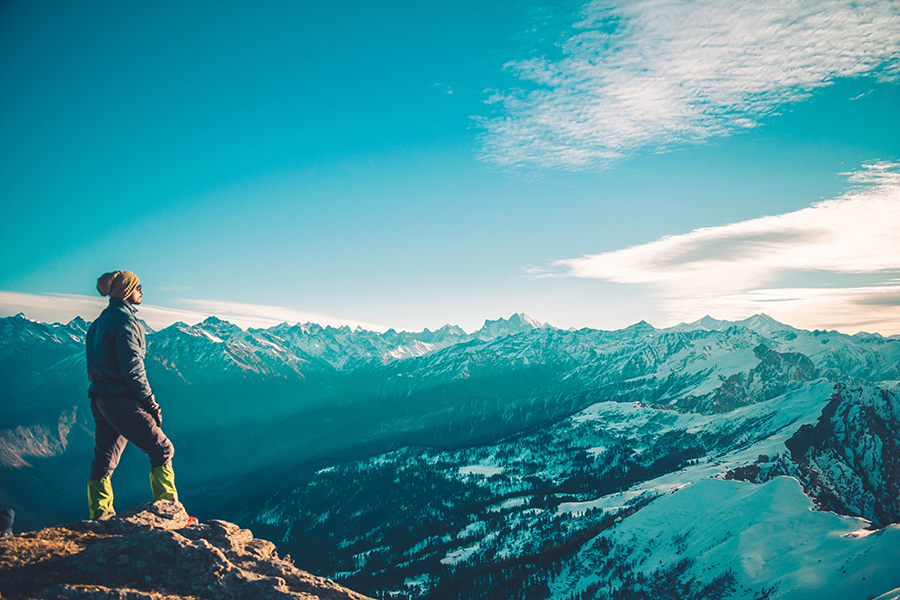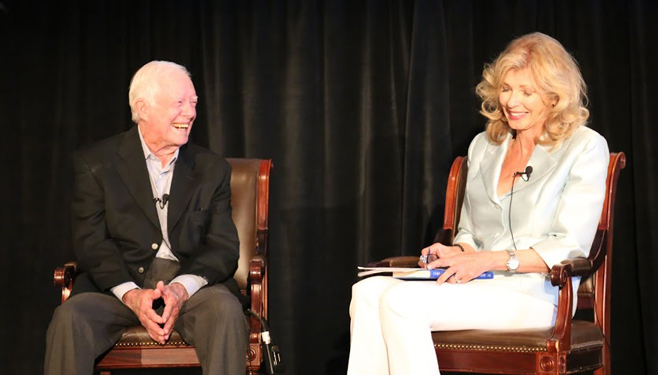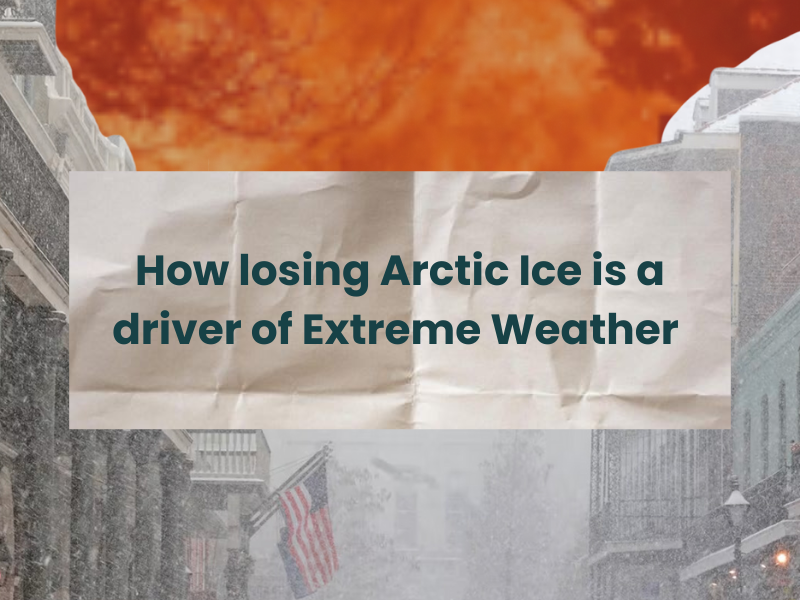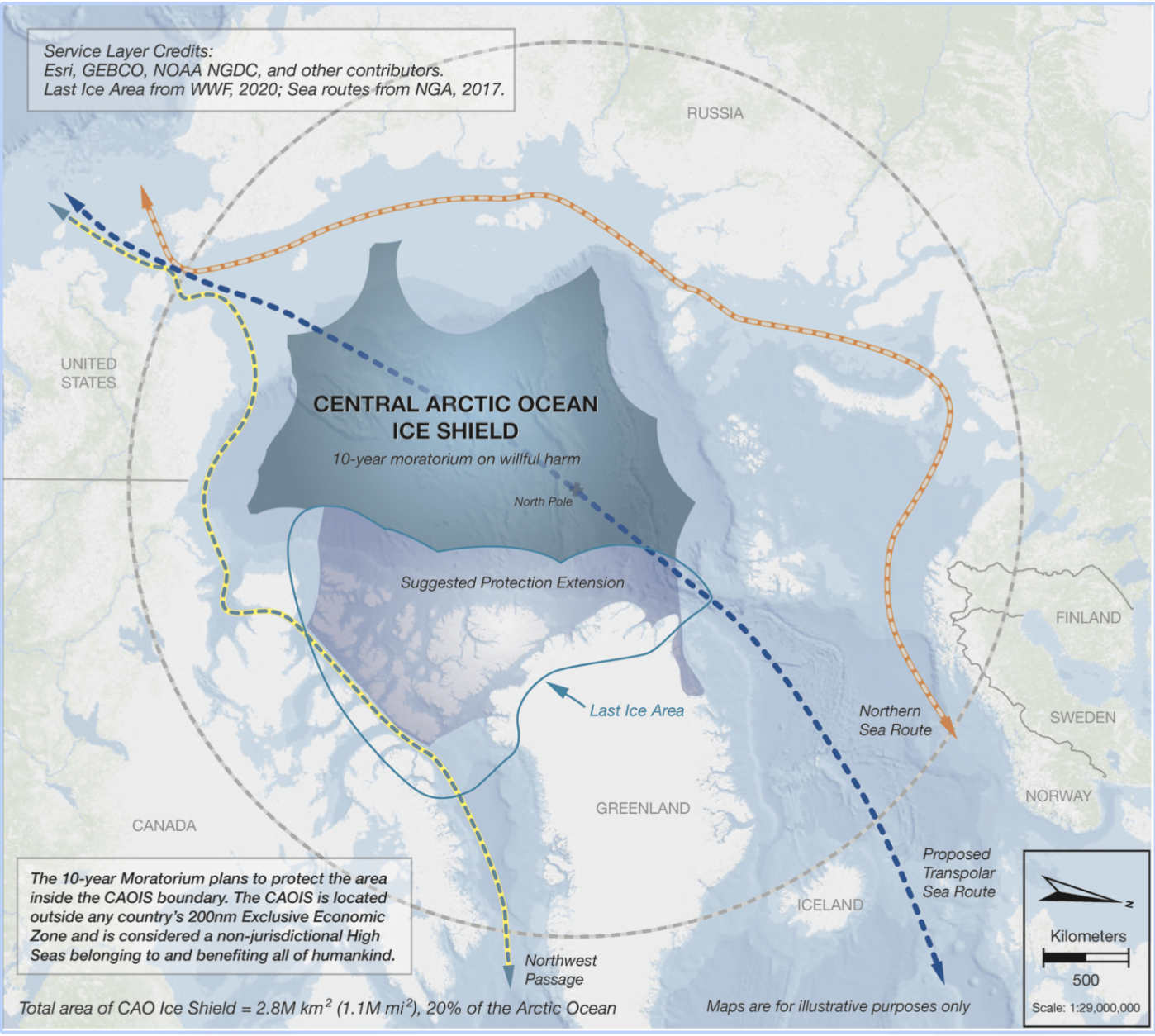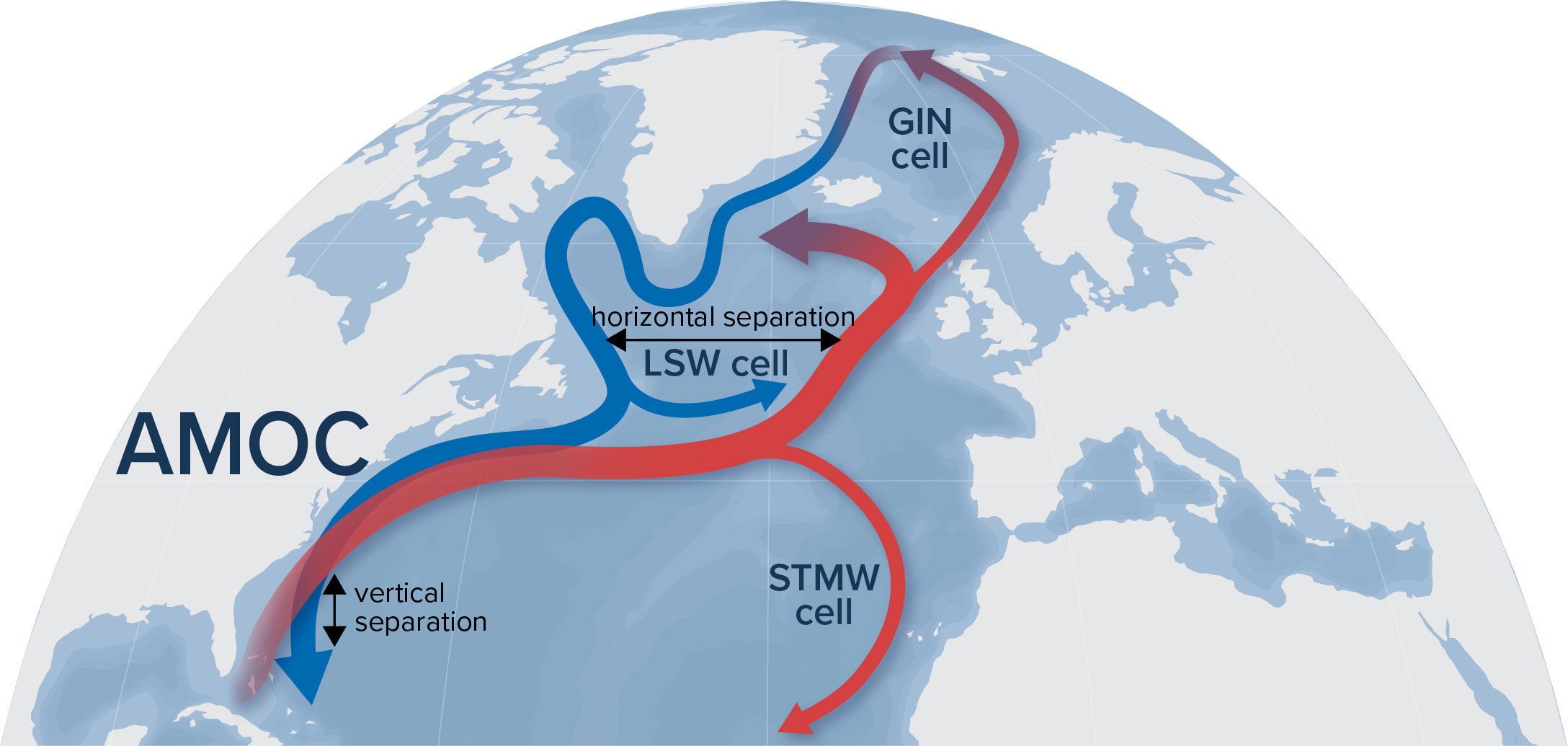Last year, Alex Felstead filmed a short documentary on the village of Kulum, in the Ladakh region of the Himalayas, telling the story of water scarcity on the frontlines of the climate crisis. Whilst narrating this everyday reality in Kulum, the film places our interconnectedness and consequent responsibility to act as a global collective under the spotlight. Edited by Alex and our Angel Chess, the documentary is now complete and available to view. To mark this achievement, we are sharing ‘The Village of Kulum’ along with a piece written by Alex, on both the rationale behind the film and his outlook following the experience.
In August 2019, I participated in a self-funded scientific expedition to Ladakh within the Indian Himalayas with the British Exploring Society, researching the region’s glacial retreat and wildlife. As a Geography graduate and an aspiring documentary filmmaker, I decided to use this opportunity to tell a story around the topic of environmental conservation, exploring the issues of water scarcity in the area.
Often nicknamed the “Third Pole”, the glaciers within the Hindu Kush region of the Himalayas are the sources of freshwater for ten of the largest river systems in Asia and subsequently 250 million people. These freshwater resources are essential for many mountain communities within the HKH region in order to sustain a traditional way of life.
Overall, the region’s glaciers are retreating, thinning and shrinking at alarming rates leading to significant reductions in available water resources. It is important to highlight that although the issue of water insecurity stems from a rapidly changing climate within the HKH region, there are also a number of social, economic and political variables that contribute to these insecure water resources.
‘The Village of Kulum’ is a short documentary exploring these themes, following traditional subsistence farmers in the remote village of ‘Kulum’ located in the region of Ladakh. With high levels of water scarcity and changing crop patterns, the community has been unable to sustain their way of life and have been forced further down the valley in order to look for alternative sources of income. Only one family now remains there.
The documentary highlights some of the impacts water scarcity has had on the family and draws on the innovative eco-solution soon to be introduced to the village known as ‘The Ice Stupa’. This is an award-winning and internationally recognised NGO set up by local engineer Sonam Wangchuck. The NGO is currently helping communities such as ‘Kulum’ maintain their livelihoods, helping them adapt and manage their water resources through the building of artificial glaciers. This eco-solution has been a proven success and subsequently been introduced to other countries around the world, including Switzerland, where it is being used to help preserve the rapidly melting ‘Morteratsch Glacier’.
Information around Kulum’s situation and its location was initially found out after speaking to environmental lawyer and employee of The Ice Stupa Project. Due to travel logistics, the village was then visited with a member of another local NGO ‘Local Futures’, who used this information to help find the village, translate and understand the community’s current situation.
With the relentless growing pressure from the climate crisis, there has never been a more important time to document how our planet is being impacted by climate change. Living in the UK, the undercurrent of climate denial and inaction is hugely concerning. As a filmmaker, I felt it was important to highlight how current lifestyles are causing global devastation through excessive and careless behaviour around the globe. As a consequence of this, it is countries that contribute the least to the climate crisis who are suffering the most from its side effects.
Although a small project, I felt I had a unique opportunity and a moral obligation to highlight the very real impacts that climate change is having on those on the frontline of the crisis and to encourage meaningful change to mitigate these impacts. I hope it shows the power of storytelling through filmmaking and reassures the audience with optimism and hope, demonstrating that it is possible to manage and adapt to our changing environment. Furthermore, it shows the importance of communicating and working collaboratively as a global community, to help resolve the very real impacts of climate change that we face.
In the words of Deskit Angmo who was featured in the documentary, “It’s a challenge we now face and we feel like we don’t know how much of it we can prevent… it’s not our fight alone…”
